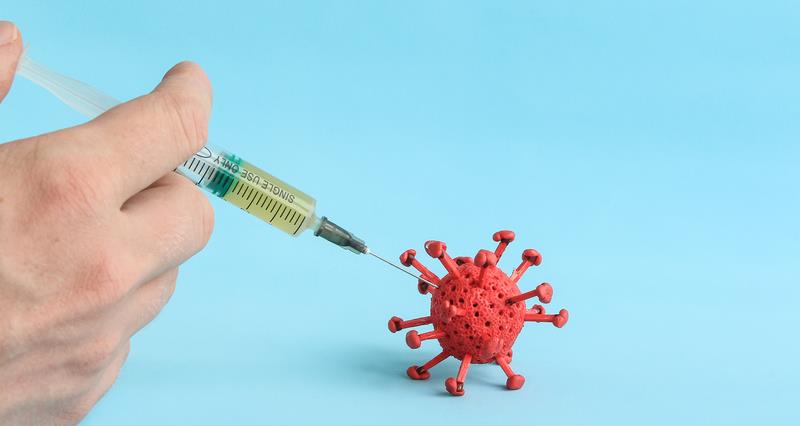The AI (avian influenza) vaccination taskforce has published its recommendations for the development of future vaccination strategies to control outbreaks of HPAI in the UK.
The report sets out a number of recommendations, including an on-farm vaccination trial in turkeys and exploring laboratory capacity for surveillance purposes.
It also outlines three vaccination strategies that could be implemented, including:
- Maintaining the current policy.
- Use of emergency vaccination based on risk assessment and agreed trigger points.
- Allowing preventative vaccination either nationwide or within targeted geographic regions or species groups.
Building on its interim statement, this report analyses current policy and the legislative framework for AI vaccination in birds and regulatory processes for authorisation.
It explores factors to consider in selecting a vaccine, analysis of relevant trials, and consideration of factors that would impact recommendations on vaccination strategy in the UK, such as trade, cost and benefit.
“We will continue to work with our members and the taskforce to explore the vaccination of birds as part of the longer-term solution to AI.”
NFU Chief Poultry Adviser Aimee Mahony
To read the full report, visit: GOV.UK | Vaccination of poultry against highly pathogenic avian influenza
UK Chief Veterinary Officer Christine Middlemiss said the report “clearly sets out the opportunities and challenges of vaccination in the UK, and the vital next steps for us to consider in government, including a potential small scale vaccination trial.”
“Our best defence as the report recognises remains strong biosecurity measures, alongside prompt detection of disease,” she said. “We remain committed to working in partnership with the industry to ensure our response continues to be grounded in science and remains resilient against evolving threats.”
Welcoming the report, NFU Chief Poultry Adviser Aimee Mahony said: “Avian influenza continues to threaten the UK poultry sector and we need to find effective ways to protect birds and farm businesses.
“Cross-government and sector collaboration has been central to the development of the recommended actions in the AI vaccination taskforce report, which we’re pleased to see includes a trial of the on-farm vaccination of turkeys.
“The NFU has been a member of the taskforce from the start. As we move forward, we will continue to work with our members and the taskforce to explore the vaccination of birds as part of the longer-term solution to AI, while maintaining important trade routes for exporting businesses.”
Current policy
Methods currently utilised to control the spread of HPAI include early detection, culling, movement restrictions, housing measures and mandatory enhanced biosecurity – which remains the best way to prevent infection in flocks.
Currently, vaccination against HPAI is only permitted for birds in zoos in England and Northern Ireland. This is the case whether the purpose of vaccination is disease prevention or as a disease control response.
While any potential negative impacts have been carefully considered, the NFU has always lobbied for effective solutions to avian influenza and recognises the potential that vaccination has to play in future AI strategy. It has been a long-standing priority of the NFU National Poultry Board.
After record levels of AI cases were reported during the 2021-2022 season, the NFU called on the government to support the development and deployment of vaccination, providing much needed long-term measures for the government and the poultry sector to deal with AI as an annual occurrence.
Since then, we have worked with a number of sector stakeholders and government officials to move this policy ask forward and therefore the publication of the AI vaccination taskforce is a step in the right direction.
Role and purpose
The taskforce, which was a key ask of the NFU and a group that the NFU is a member of, was established to explore recommendations for the use of vaccination of poultry as a preventative measure against HPAI in the UK.
With representation from across the poultry sector and cross-government, the group was asked to make recommendations in seven areas:
- Legislative and regulatory issues
- Information and research requirements
- Effectiveness of vaccines
- Method of administration
- Surveillance
- Avoiding trade barriers
- Cost and benefits
